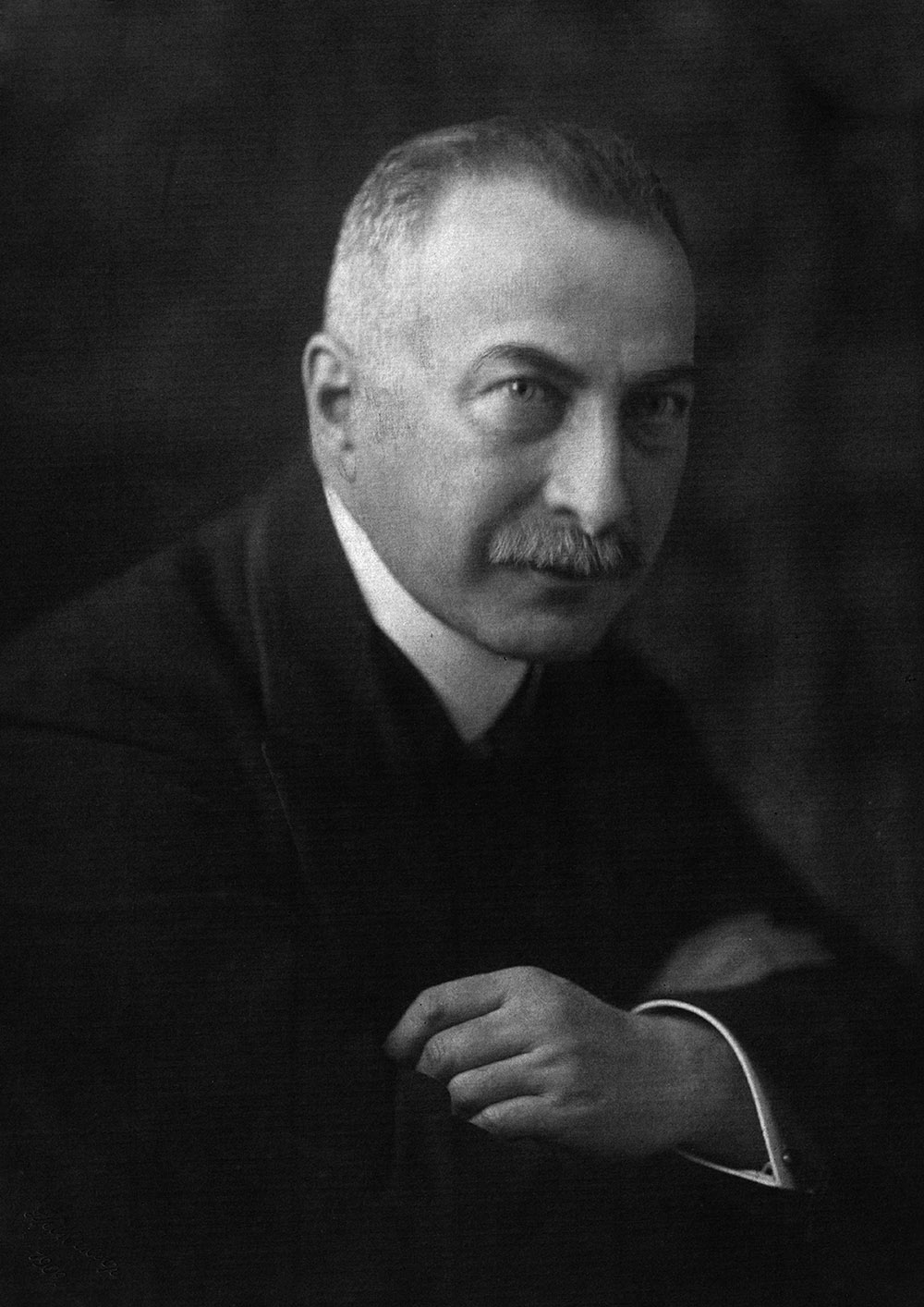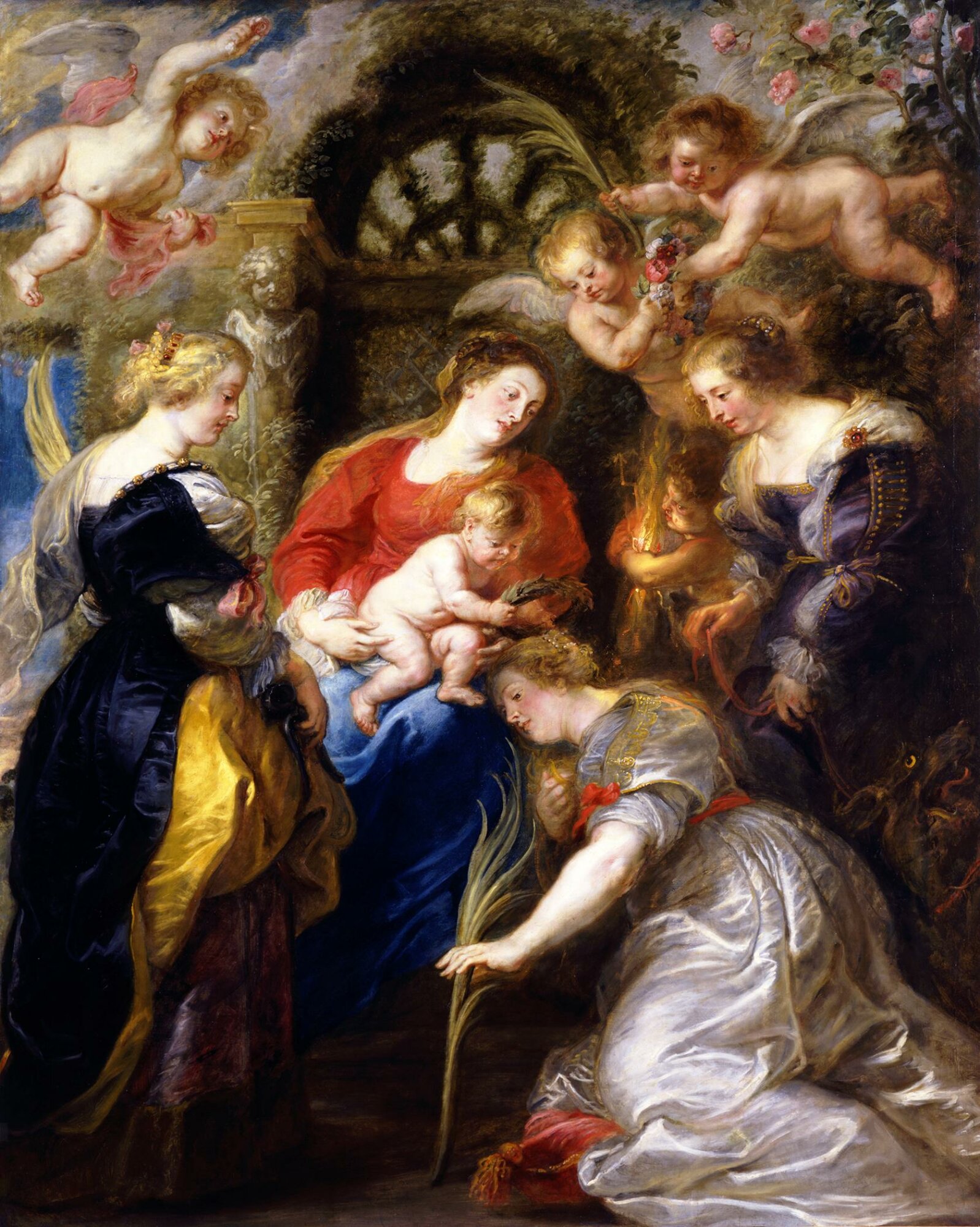Part II:
History: Ancestral & Family
( In Progress )
Again, the content of this project -- as noted in the Preamble -- is twofold: Part I contains a broad swath of images of Brent's works, but to become initially acquainted with his sensibility through a representative and smaller sampling of thirty images, go to Selected Works. Now, in Part II, the viewer will discover a compendium of ancestral histories coupled with an archival photographic record. Herein, there is much that has never been conceived in this novel manner. The approach includes orally transmitted history and ranges to archival records. Innovative pathways are posited here, linking Brent's family of origin to a broader socio-cultural history and, ultimately, an interweaving of the world historical record itself.
Brent's great-grandfather, Leopold Koppel, born in 1843, came from a modest background in Dresden, Germany. In time, Koppel (https://en.wikipedia.org/wiki/Leopold_Koppel) would become highly prominent and the wealthiest man in the Germany of his day.
One of his more notable accomplishments was to assemble a major art collection of Old Master paintings. It included works by Rembrandt, Rubens, Van Dyck, Cranach, Veronese, Tintoretto, Bernini, Titian. Another remarkable achievement was Koppel's sponsoring and providing a salary for Albert Einstein, thereby allowing the renowned scientist to finally stop teaching and devote his work life to theoretical research.
This ancestral history finds its initial impetus shortly before the outbreak of WWI; winds through the Interwar years of the Weimar Republic; continues into the early period of the Third Reich; and leads to a timely emigration of a number of family members as political refugees.
The content of this project is twofold: first, there is a comprehensive presentation of images of Stanford Brent's oeuvre — paintings and works on paper. Now, the viewer will discover a compendium of ancestral histories alongside an archival photographic record. Herein, there is much that has never been conceived in this novel manner. The approach includes orally transmitted history and ranges to archival records. Innovative pathways are posited here, linking Brent's family of origin to a broader socio-cultural history and, ultimately, an interweaving of the world historical record itself.
Brent's great-grandfather, Leopold Koppel, born in 1843, came from a modest background in Dresden, Germany. In time, Koppel (https://en.wikipedia.org/wiki/Leopold_Koppel) would become highly prominent and the wealthiest man in the Germany of his day.
One of his more notable accomplishments was to assemble a major art collection of Old Master paintings. It included works by Rembrandt, Rubens, Van Dyck, Cranach, Veronese, Tintoretto, Bernini, Titian. Another remarkable achievement was Koppel's sponsoring and providing a salary for Albert Einstein, thereby allowing the renowned scientist to finally stop teaching and devote his work life to theoretical research.
This ancestral history finds its initial impetus shortly before the outbreak of WWI; winds through the Interwar years of the Weimar Republic; continues into the early period of the Third Reich; and leads to a timely emigration of a number of family members as political refugees.


The Crowning of Saint Catherine (1631 or 1633?), Peter Paul Rubens
8 ft. 8 5/8 x 84 5/8 in. (265.7 x 214.3 cm); oil on canvas
The Toledo Museum of Art
Wikipedia Entry | LA Times Article

Leopold Koppel (1843-1933)

The Crowning of Saint Catherine
(1631 or 1633?)
Peter Paul Rubens
8 ft. 8 5/8 x 84 5/8 in. (265.7 x 214.3 cm)
oil on canvas
The Toledo Museum of Art
Wikipedia Entry | LA Times Article
